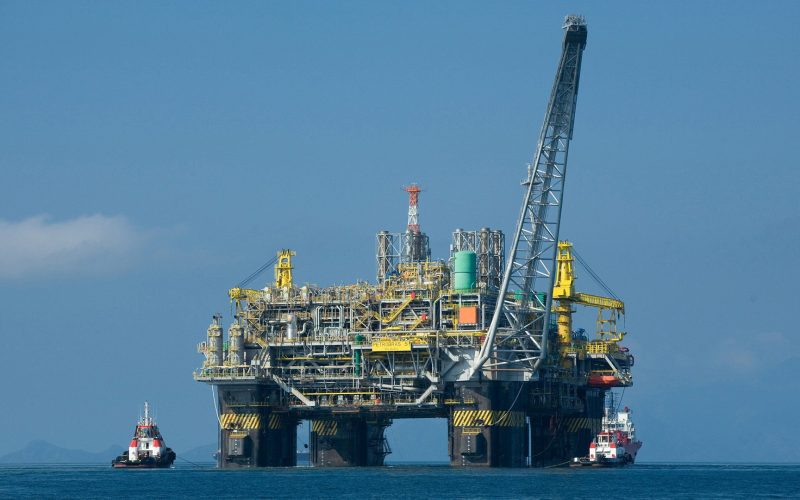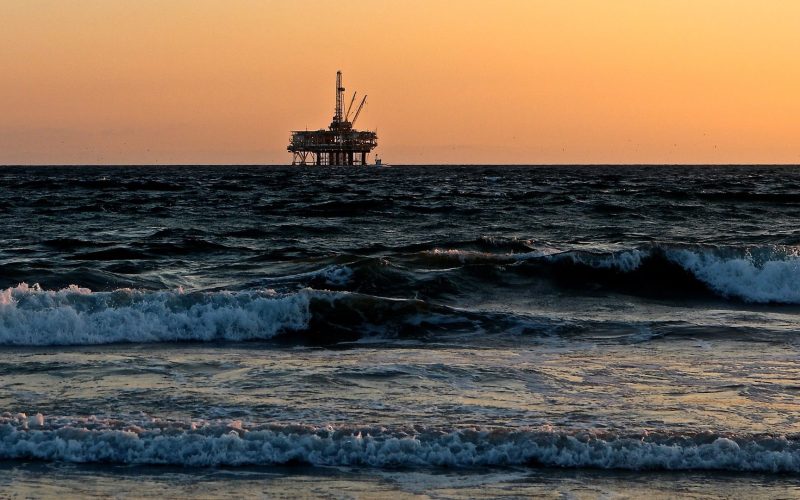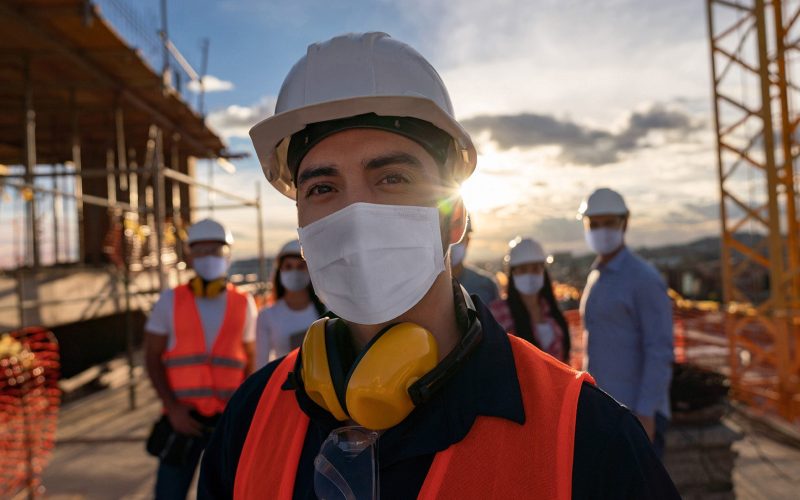THE VOICE FOR THE ENERGY CONSUMER

Top Court’s Judgment Crucial to Delineate the Extent of State, Federal Power over Energy Infrastructure WASHINGTON – Consumer Energy Alliance (CEA), the leading voice for responsible energy and environmental policies.

WASHINGTON, D.C.— Consumer Energy Alliance (CEA), the leading voice for sensible energy and environmental policies for families and businesses, issued the following statement today following the confirmation of President Biden’s.

Albany, NY – Following New York City Mayor Bill De Blasio’s announcement to ban natural gas hookups in new buildings in the city by 2030 and restrict the energy choices.

Energy dominated the news this week with President Biden suspending new oil and gas drilling permits on federal lands and cutting traditional fossil fuel subsidies via executive order on Wednesday,.

LANSING, MI – Following today’s announcement by the Michigan Department of Environment, Great Lakes and Energy (EGLE) that it has completed its review and issued permits for Enbridge’s Great Lakes.

CEA’s David Holt appeared on The Rod Arquette Show to talk about the negative effects of oil and gas lease bans on federal lands will have on the American economy..

Washington, D.C. — Consumer Energy Alliance (CEA) Federal Affairs Advisor Michael Zehr released the following statement of support for the Conservation Funding Protection Act, legislation introduced by U.S. Representative Crenshaw.

Indianapolis, IN – Hoosier families, small businesses, farmers and manufacturers saved more than $12 billion from 2009 to 2019, thanks to affordable and reliable natural gas, made possible by increased.

Washington, D.C. — Consumer Energy Alliance (CEA) Federal Affairs Advisor Michael Zehr released the following statement of support for the Conservation Funding Protection Act, legislation re-introduced by Senator Kennedy and.

WASHINGTON, D.C. –In response to today’s announcement by the Biden Administration of an order to pause issuing oil and gas leases on all federal lands and waters for an indefinite.